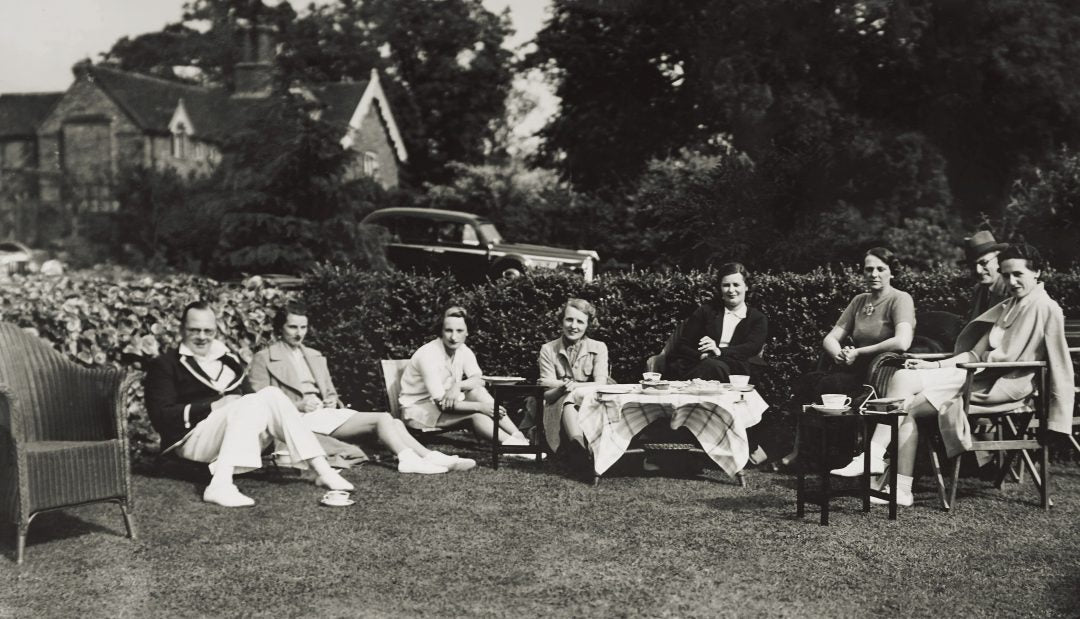Past the Brew: Divulging the Social Meaning of Formal Tea Drinking
The act of preparing and drinking tea transcends the simple act of consuming a beverage. In many cultures, it is elevated to an art form, a ritual steeped in tradition and social meaning. Ceremonial tea drinking offers a unique lens through which we can explore the cultural values, social interactions, and personal significance attached to this beloved beverage.
A Journey Through Time and Cultures:
From the ancient tea ceremonies of China and Japan to the informal gatherings in Morocco and the afternoon tea parties in Britain, ceremonial tea drinking has evolved throughout history and across various cultures. Each ceremony possesses distinct characteristics, reflecting the values and traditions of its origin:
- The Japanese Tea Ceremony: A refined and meditative ritual emphasizing mindfulness, respect, and harmony. The meticulous preparation and presentation of matcha, the focus on every detail, and the unspoken communication between host and guest create a profound social experience.
- The Chinese Gongfu Cha Ceremony: A vibrant and interactive ritual showcasing the skill and artistry of the tea master. The emphasis on the teaware, the intricate brewing techniques, and the appreciation of the subtle flavor nuances foster a sense of connection and shared enjoyment.
- The Moroccan Mint Tea Ritual: A welcoming and hospitable tradition where the preparation and serving of tea are performed with graceful movements and heartfelt warmth. This ritual strengthens bonds within the community and offers a moment of respite from daily life.
Unveiling the Social Fabric:
Ceremonial tea drinking transcends mere social etiquette. It serves as a powerful tool for:
- Building and strengthening relationships: The shared experience of tea drinking facilitates conversation, fosters connection, and offers a platform for meaningful interaction.
- Promoting mindfulness and relaxation: The focus on the present moment, the deliberate movements, and the calming atmosphere of the ceremony promote a sense of tranquility and inner peace.
- Demonstrating respect and appreciation: The meticulous preparation, the attentive serving, and the appreciation of each sip reflect respect for the guests, the host, and the tea itself.
- Preserving cultural heritage: Ceremonial tea rituals act as living traditions, passing down knowledge, values, and customs from generation to generation.
Beyond the Ritual:
While the specific practices may vary, the underlying essence of ceremonial tea drinking remains consistent across cultures. It serves as a reminder that the act of sharing a cup of tea is not just about satisfying thirst, but about:
- Connecting with others: Tea offers a space for genuine conversation, fostering meaningful relationships and building a sense of community.
- Appreciating the simple things: The ritual slows down time, allowing us to focus on the beauty of the moment, the aroma of the tea, and the warmth in our hands.
- Cultivating inner peace: The quiet contemplation and mindful movements promote relaxation and a sense of serenity amidst the chaos of everyday life.
- Celebrating cultural heritage: Tea ceremonies connect us to our roots and traditions, preserving valuable cultural knowledge and practices.
Embracing the Ceremony:
Whether participating in a traditional ceremony or simply enjoying a cup of tea with loved ones, we can all benefit from the social and personal significance of this ritual. By taking the time to slow down, appreciate the moment, and connect with others over a shared cup of tea, we can weave a richer tapestry of our own lives and contribute to the vibrant cultural mosaic of tea drinking.

